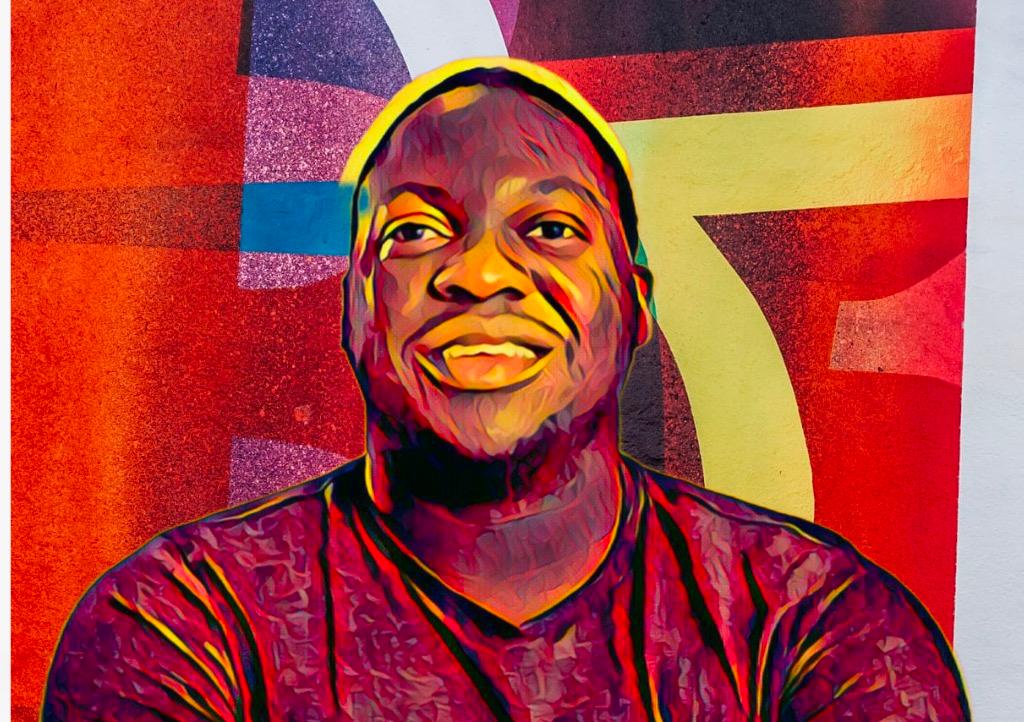Chipper Cash Founder Ham Serunjogi to donate Starlink in Uganda

Ham Serunjogi, a leading tech entrepreneur and co-founder of pan-African payments company Chipper Cash, has revealed plans to donate Starlink satellite internet service to Ugandan schools and hospitals as part of an effort to bring Internet access to underserved communities.
In a tweet seen by Billionaires.Africa, the Ugandan tech tycoon expressed his excitement about the potential of Starlink to bring Internet access to remote and rural areas lacking infrastructure and announced his intention to donate the satellite internet service to schools and hospitals in Uganda.
Serunjogi’s recent statement comes nearly a month after SpaceX, a spacecraft manufacturer and satellite communications corporation led by the world’s richest man Elon Musk, announced that it was in talks with Zambian President Hakainde Hichilema to launch its Starlink Internet service in the country.
To put things in perspective, Starlink, Musk’s space exploration company’s satellite Internet service, provides global high-speed, low-latency broadband Internet. This is made possible by a constellation of highly advanced satellites in low orbit around the Earth.
In response to Serunjogi’s tweet, Musk asked if anyone else was interested in donating Starlinks to places in need and revealed that the company will add a donate option to Starlink as part of its efforts to make the donation process possible and seamless.
Starlink officially launched in Africa earlier this year, with Musk claiming that the satellite Internet service provider will operate anywhere on Earth where it is legally permitted to do so.
In May, Starlink secured approval to operate in Nigeria and Mozambique. Its arrival in Nigeria has been planned since 2021 when representatives from SpaceX visited the Nigerian Communications Commission to discuss the possibility of obtaining an operating license in the country.
At just 36 percent, Africa’s Internet penetration compares poorly to the 62.5-percent global average.
Even as adoption grows, there is evidence that the difficulties are not due to poor infrastructure but to pricing, as more than half of the population does not use the internet despite living in areas with mobile internet coverage due to the high cost of data.
While Africa presents challenges for Internet access, it also presents opportunities.
According to the World Bank, a 10 percent increase in mobile Internet penetration could translate into a 2.5-percent increase in GDP on the continent.